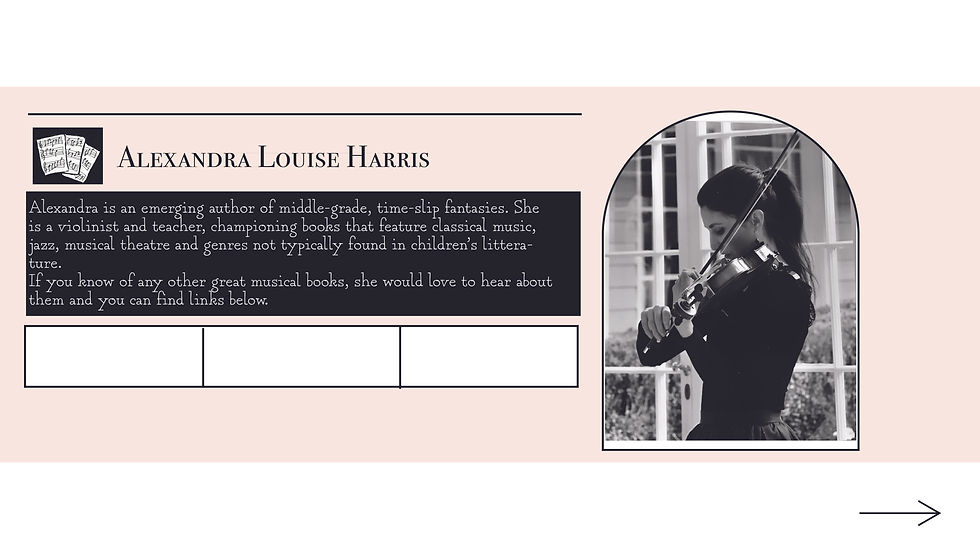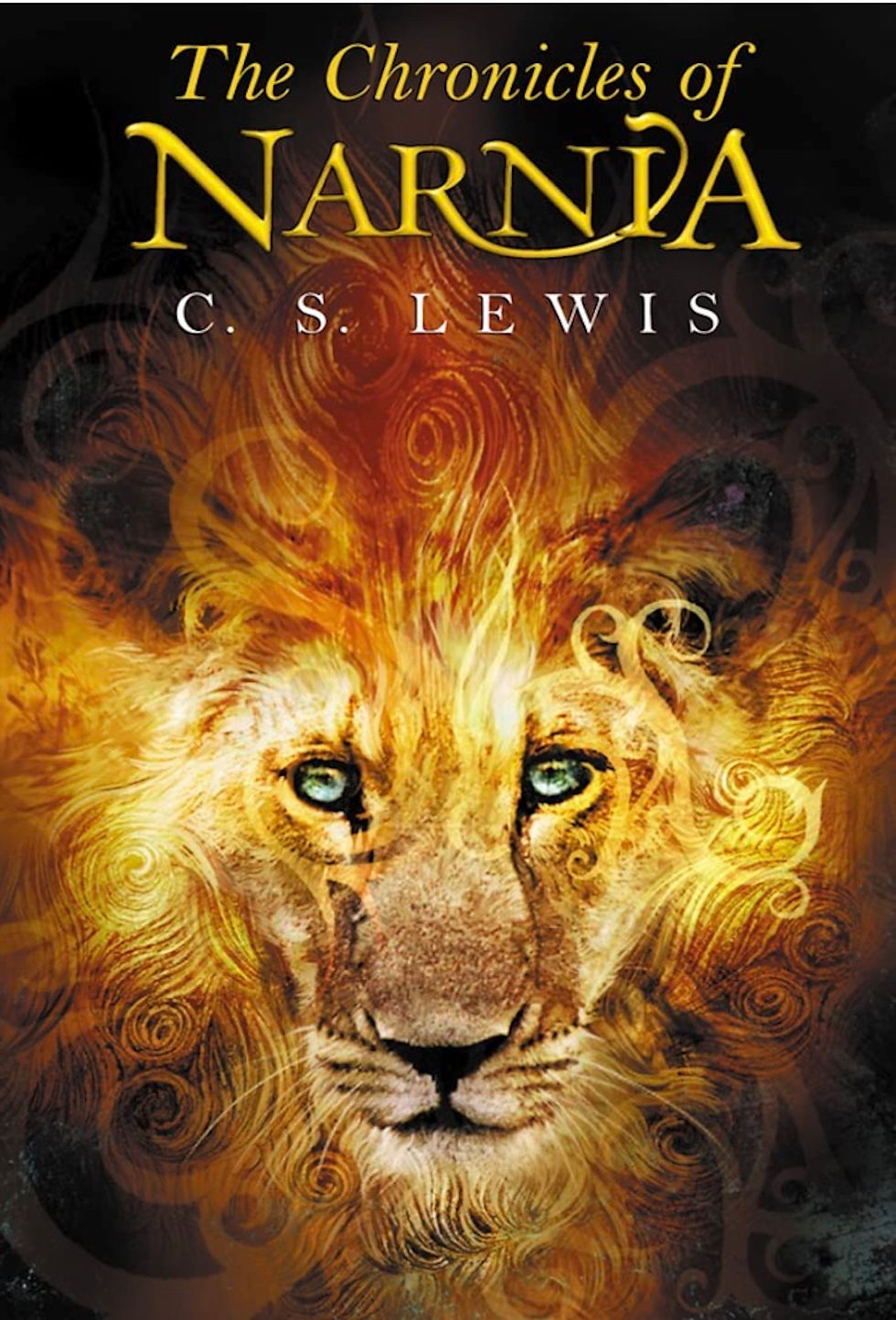Rip Van Winkle and Sleepy Hollow
- Alexandra Louise Harris

- Nov 27, 2023
- 4 min read
Updated: Mar 3, 2024
I’ve found myself channelling old fairy tales recently. I’ve been working on these random short stories to accompany the Violetta series and they are turning out to be that genre. Having never written anything like that before, I thought I’d better do some research so I’m beginning with the old and working my way towards the new.

After reading Narnia last week, a book from my childhood, I remembered another I’d been given for my sixth birthday; Rip Van Winkle. Now, anyone who has read the story might think that’s an odd choice of present, but I was quite taken by the illustrations. I’m afraid the plot was completely lost on me—and admittedly reading it now, I still had moments of confusion—but I realised I’d made up a completely different story in my mind.
Rip Van Winkle, rather than being the ‘henpecked’ husband, was an evil and sinister character. In fact, he was a she. She was an old witch with a shrivelled green face, as depicted on the cover, who lived high on a hill with a bunch of goblins, fairies and gumnut babies. The woods surrounding her home were dark and menacing, full of green people with long noses creeping out of the ground. Then one day, a man stumbled into the woods. He met all the goblins, and Rip Van Winkle cooked him up an evil potion of red berries that made him grow old with super long fingers. In fact, everyone who came near Rip Van Winkle was afflicted with spaghetti hands. When the old man went back home, he told stories of goblins and ghosts to terrify all the local children, dogs and geese. The end.
Yep, pretty frightening, which is why it gave me nightmares. I’m also sorry to say Mr Washington Irving, but I’m afraid I still prefer my version inspired by the illustrations of the great Arthur Rackham. I know you wrote it a very long time ago in 1820, but I didn’t have much sympathy for the ‘henpecked’ husband who didn’t help out on the farm and chose to spend his time at the local Inn. Even if he was charismatic and helpful to others. When he wandered off squirrel hunting instead of feeding the animals and drank the very strong liquor that makes him sleep for twenty years, I thought it served him right. Perhaps that’s the point… is it? Rip Van Winkle is an odd sort of fairy tale in my humble opinion. I know in his slumber, he missed the American revolution and returned to a changed world, but is that the moral lesson?
Well, I had to ask google. Some say the moral lesson is that life marches on, others say the story is about overcoming tyrants. Then there is the ‘if you snooze, you lose,’ camp, or that ‘energy, ambition and initiative,’ are not only important for the individual, but the nation.
Anyway, I did quite enjoy the Knickerbocker's History of New York, so I decided to give My Irving another chance and read the second book in the collection; The Legend of Sleepy Hollow. Immediately, I was more intrigued by the opening verse Castle of Indolence. Unfortunately there were more husbands hanging around the Inn, but then there is this;
‘Certain it is, the place still continues under the sway of some witching power, that holds a spell over the minds of the good people, causing them to walk in a continual reverie. They are given to all kinds of marvellous beliefs, are subject to trances and visions, and frequently see strange sights, and hear music and voices in the air. The whole neighborhood abounds with local tales, haunted spots, and twilight superstitions; stars shoot and meteors glare oftener across the valley than in any other part of the country, and the nightmare, with her whole ninefold, seems to make it the favourite scene of her gambols.’
How dark and evocative, and just the kind of thing I was hoping to find. And there’s music. Not just any music either, magical music in the air! It turns out Washington Irving played the flute and there is quite a bit in this story, and that’s not all. There’s a headless horseman haunting the local schoolmaster Mr Ichabod Crane. Mr Crane is a student of witchcraft, telling great stories of ghosts and goblins and seeing spirits in every creature and sound of the woods. He falls in love with ‘plump as a partridge’ Katrina the only daughter of a wealthy farmer, but there’s a rival for her affections. A man named Brom Van Brunt, ‘the hero of the country round.’ Brom is otherwise known as BROM BONES for his herculean strength, and he and his gang turn on the singing teacher, smoking out the school room and sabotaging rehearsals.
Luckily there’s a party… and more music. The description of the fiddle player, however, is very outdated and not at all politically correct, but his violin is ‘as old and battered as himself. ‘The greater part of the time he scraped on two or three strings, accompanying every movement of the bow with a motion of the head; bowing almost to the ground, and stamping with his foot whenever a fresh couple were to start.’
Ichabod also loves to dance. He can’t resist Katrina and at the party he decides to try his luck. Although we don’t learn the outcome, we ascertain that poor Ichabod is turned down. Feeling dejected and confused he passes the enormous tulip, Major André’s tree, and it begins to whistle…
He’s not alone. It’s the headless horseman, carrying his head in his arms and not just that… he hurls it at him!
Ichabod vanishes. His horse is found unsaddled, and on the ground beside it, is a smashed pumpkin. Some say he moved on and became ‘a justice in the Ten Penny Court’. Others professed that from that day forth, the school room was haunted with the spirit of Ichebod singing psalms.

So… what to make of these two stories? Well, I do think there were some great and very vivid descriptions of those dark and terrible woods. When I think of fairy tales, that’s certainly where my mind jumps to. They are very old, and many parts are outdated, but as one who finds it hard to read passages of prose and avoids them in my writing, it’s been a good exercise to see how descriptive they can be.
Now, onto the Brothers Grimm!





Comments